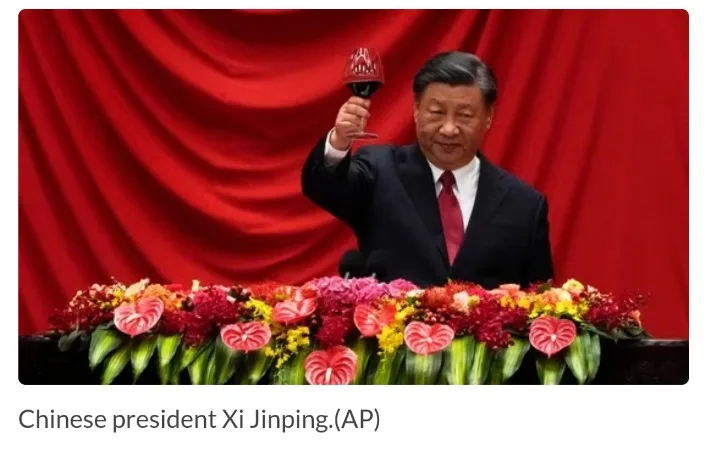In an escalating diplomatic spat, Chinese President Xi Jinping issues a stern warning to the Philippines, asserting that China will not ignore what it perceives as “provocations and harassment” in the South China Sea. Tensions surged following accusations by the Philippines, claiming that the Chinese coastguard and maritime militia engaged in aggressive acts, including firing water cannons at its resupply boats. The alleged incidents resulted in “serious engine damage” and deliberate collisions, according to Manila.
Wu Qian, spokesperson for China’s defense ministry, refutes these allegations, labeling them as “purely false hype.” Qian contends that the Philippine vessels intruded into waters near a disputed shoal and intentionally collided with a Chinese Coast Guard vessel. He maintains that China’s response was necessary, justified, and legitimate.
While reiterating China’s commitment to resolving differences through dialogue and consultation, Qian issues a clear warning, stating, “we will not turn a blind eye to the Philippines’ repeated provocations and harassment.” He urges the United States to cease meddling in the South China Sea matter, stop supporting what China considers as Philippine infringement and provocation, and take concrete actions to safeguard regional security.
The Philippines rebuffs claims of provoking conflict and denies relying on US support to antagonize China. The strained relations between the two nations trace back to disputes over the South China Sea during the tenure of Philippine President Ferdinand Marcos Jr. Manila has sought support from the United States in its maritime disagreements with China, a move that has irked Beijing.
As tensions rise, the world watches closely to see how the geopolitical dynamics will unfold in one of the most contested and strategically significant regions.




